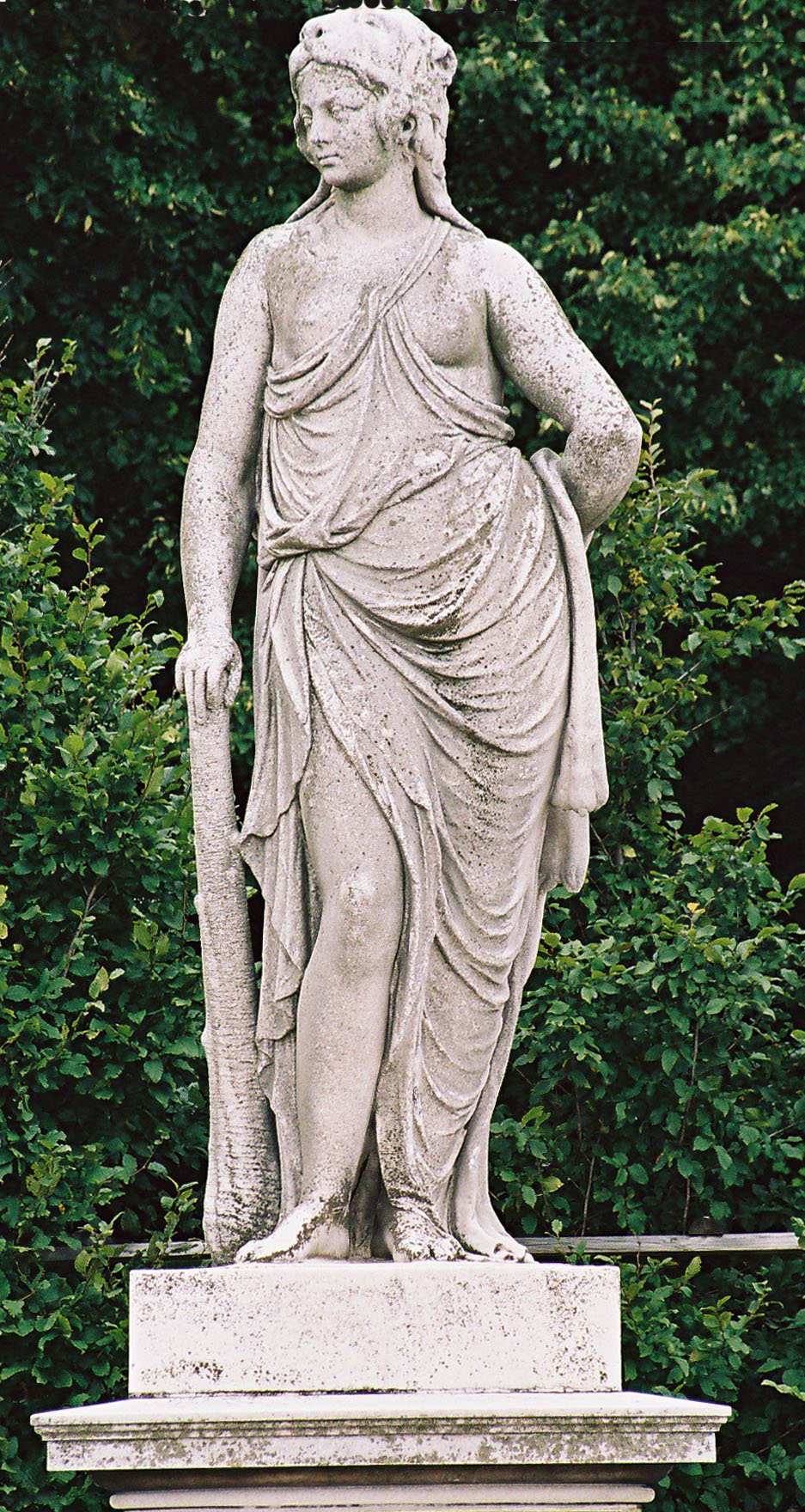return to Home Page
or move on to Goddess Ostara, next chronologically,
or use Her Cyclopedia Index
Omphale, Earth's-Navel.
0MF*LA
[to Whom the nineteenth day of November, day 323, is dedicated]

return to Home Page
or move on to Goddess Ostara, next chronologically,
or use Her Cyclopedia Index
Omphale, Earth's-Navel.
0MF*LA
[to Whom the nineteenth day of November, day 323, is dedicated]

Geography/Culture: Asia Minor: Lydia.
Linguistic Note: Her name appears to be the feminine form of the word omphalos, which originally meant a 'boss', but like umbilicus, it came to mean a navel.
Description: Universal womb; Goddess of earth, fertility, death, and rebirth; Hub of life; Mistress of spinning and weaving; She Who is associated with augury; She Who sends omens in the form of birds; She Who sends omens in the form of weather; Refuge for suppliants; She Who is alluring and dangerous; She Who is wanton and vicious; Queen of Maeonia (in Asia Minor); Queen of Lydia; She Who has a good eye for a bargain; {Matron of transvestites}.
A priest of Herakles at Cos wore women's clothes when he sacrificed perhaps signifying a transitional period between matriachy, when shehe was a priestess of Omphale, Earth's-Navel, and full patriachy, when shehe would be a priest in male garments.
To Whom Sacred: bay (a prophetic tree); palm (under which an omphalos may stand); mantic bird (species unknown); purple gold-embroidered gown; the navel (symbolizing the seat of female passion); slavery; omphalos (the sacred stone swallowed by Cronos, ----, instead of his son Zeus, ----, after its regurgitation it was placed in the temple of the Delphic Oracle, it signifies the center of the whole earth. It can be white, carved with a net of fillets, or decked with sprays and fillets, sometimes egg-shaped, the mantic bird may be carved atop of it. It may be used as a tomb marker which ensures, or induces resurrection, the renewal of life); the number 3 (Heracles was three years in Her service).
Male Associates: Consort, Zeus, ---, or Tmolus, ---. Son, Tantalus, ----. Sons by lover Heracles, ----, (who was also Her slave): Agellaus, ----, Hyllus, ----, Lamus, (Lamios), ----, Laomedon, ----, and some say Tyrrhenus, (Tyrsenus), ----. The last named invented the trumpet and led Lydian emigrants to Etruria where they took the name Tyrrhenians.
Geography/Culture: Greek?